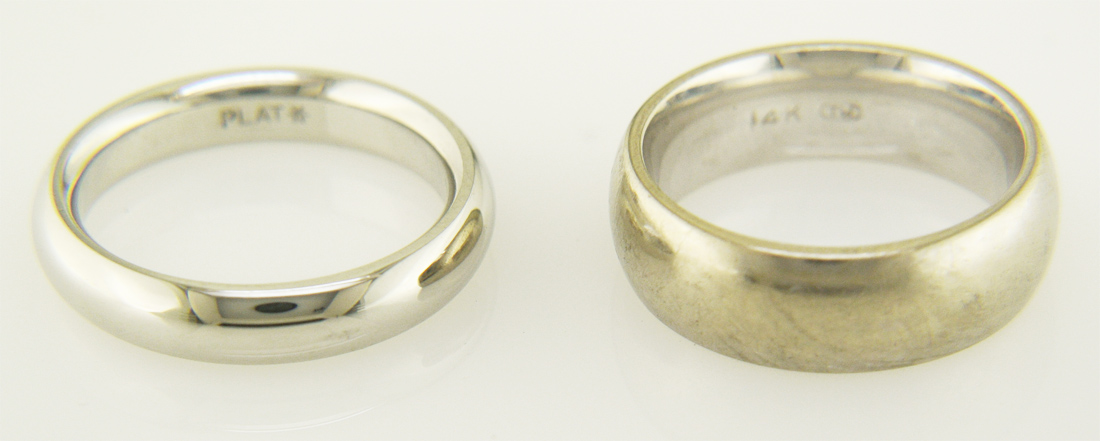
The Joy of Tapping In: Quick Digital Escapes That Actually Work
We’ve all felt it—that mental fog after a long stretch of work, the sluggishness that hits mid-afternoon, or the creeping restlessness at the end of a packed day. And while the default response is often to scroll social media or open a new tab, those aimless digital distractions rarely leave us feeling refreshed. What does? Short, focused bursts of intentional play.
In 2025, the concept of the micro-break has evolved. People are leaning into short, rewarding digital experiences that give the brain a chance to reset—without wasting time. Whether it’s a five-minute puzzle, a round of a rhythm game, or a casual spin of chance, these mini-interventions aren’t just fun—they’re effective.
Let’s explore how quick-play sessions have become the go-to mental refresh, and why structured digital escapes—like puzzle apps or even a few spins of casino slots online—are proving to be surprisingly therapeutic.
Micro-Play, Major Relief
The traditional idea of taking a break has changed. In an era of remote work, back-to-back calls, and digital multitasking, many people find it hard to fully disconnect—even for ten minutes. But that doesn’t mean we don’t need a breather. In fact, we need them more than ever.
That’s where quick-play games come in. These are designed to be low-pressure and highly engaging. They capture your attention just enough to give your brain a break from “productive” thinking—without pulling you into a time-sucking vortex.
Popular examples include:
- Puzzle apps like Two Dots or Monument Valley
- Rhythm games like Beatstar
- Logic or number games like Sudoku and Kakuro
- Casual card games or quick spins of casino slots online
These aren’t games you binge—they’re games you dip into. And because they offer structure, progress, and reward in just a few minutes, they’re a perfect way to reset your brain without derailing your day.
Why Short Sessions Work
Psychologically, these short play sessions work because they offer clear goals, instant feedback, and a break from cognitive overload. Unlike scrolling social feeds—which is unstructured and often emotionally draining—quick games give your brain something purposeful to focus on.
They do three things particularly well:
- Interrupt negative loops – When your thoughts are spiraling, jumping into a quick logic game can interrupt rumination and refocus your attention.
- Reignite motivation – A tiny win in a game—a level cleared, a perfect score—can give your brain a dopamine boost and help you feel accomplished again.
- Boost focus after breaks – Studies show that micro-breaks with a structured task can improve concentration more than passive rest.
The key is that these games are easy to enter and easy to exit. You don’t need to invest 30 minutes or emotionally commit to a complex narrative. You just open the app, tap in, enjoy the experience, and tap out feeling recharged.
The Appeal of Casual Chance
Not every quick-play experience needs to be strategic or skill-based. Sometimes, what your brain really wants is low-stakes unpredictability—a burst of fun with no expectation to win or solve.
That’s why casual games of chance, like casino slots online, continue to gain popularity as short-form digital escapes. These games are visually stimulating, easy to engage with, and offer quick feedback through lights, sounds, and small wins.
And no, it’s not just about the jackpot. The appeal lies in the micro-moments of surprise—the sudden scatter bonus, the themed mini-games, the satisfaction of matching reels. It’s entertainment that asks nothing of you except to enjoy the ride.
For people looking to unwind without overthinking, it’s the digital equivalent of flipping through a fun magazine—low effort, high enjoyment.
Not Just Play—Mental Regulation
What many people don’t realize is that these short digital escapes are a form of mental regulation. They allow us to shift our emotional state, clear cognitive clutter, and feel more in control of our energy.
Here’s how:
- Feeling overwhelmed? A simple pattern-matching game can help re-center your thoughts.
- Feeling bored? A quick spin through a visual, sound-rich experience offers novelty and stimulation.
- Feeling stuck? Beating a level, even a small one, offers momentum that can carry over into other tasks.
This makes short play sessions a healthy addition to your day—not a guilty pleasure.
Building Intentional Play Into Your Routine
To get the most out of quick-play experiences, treat them like tools, not just toys. Use them to bookend tasks, reward yourself for focus, or shift gears when your brain is fried.
Try:
- A three-minute puzzle after a long Zoom call
- A round of your favorite rhythm game between errands
- A mindful break with themed casino slots online after an intense work sprint
The trick is not to overdo it. These games are designed to be enjoyed in moderation—and that’s where their power lies. They give you a moment of joy and reset—then let you get on with your day, refreshed and more present.
Final Thoughts: Don’t Just Pause—Play
We all need breaks. But in a fast-paced digital world, not all breaks are created equal. Mindless scrolling leaves you drained. Aimless distractions eat up time. But a quick, focused digital escape? That’s something entirely different.
Whether it’s solving a puzzle, hitting the perfect beat, or spinning through a few rounds of casino slots online, these moments offer real cognitive and emotional value.







